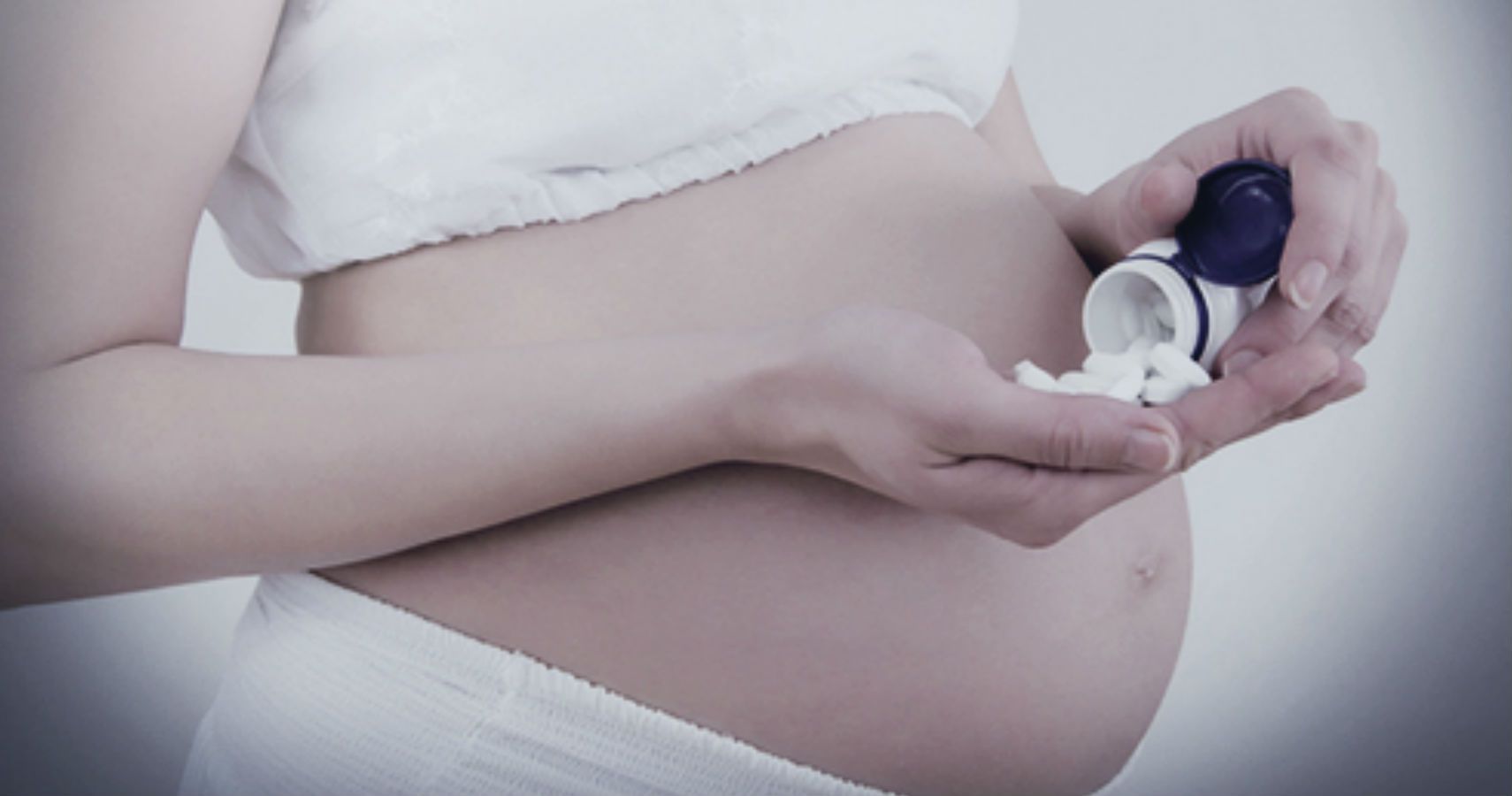The social stigma surrounding addiction is intense, especially when that addiction is having ill effects on an innocent baby or child. What most people don't realize is that addiction is not simply a choice and different drugs, legal or not, come with their own level of danger.
Opioid abuse is very common in the United States, even during pregnancy. In Utah, not only is it more common than many doctors realize, but it is the number one cause of deaths related to pregnancy in the state.
Though many soon-to-be mothers do try and stop using opioids during pregnancy, often times the addiction is stronger than the will power. Marcela Smid, M.D., who is the Medical Director of the University of Utah's Health Substance Use in Pregnancy Recovery Addiction Dependence, published a study showing that in Utah alone, 35 women have died from opioid overdose in a period of 9 years (2005-2014). 80% of these deaths occurred after pregnancy, specifically between 43 days and one year postpartum.
There are many different reasons people begin using drugs, whether it be for experimentation, to numb pain, to fill a void, or what have you. When it comes to opioids, such as codeine, oxycodone, morphine, hydromorphone, fentanyl, etc., Smid describes the appeal as if the feeling of being happy and normal is experienced for the first time in those who have never felt it.
She explains that opioids make what was grey now in colour and that sometimes "your brain doesn't make enough dopamine. You've added a substance that makes you feel great. That's why it's called 'chasing the dragon.' You want that feeling back," and thus, an addiction is born.
A huge misconception about opioid abuse that even doctors are guilty of is that opioid users are usually homeless and meeting the stereotypical criteria that the term 'drug addict' entails. The truth of the matter is those women that you would picture as the addicts are actually the minority. Smid explains that "the majority of the moms live in houses, they look like the moms in the mommy group. They live in [culs-de-sac], they work, they keep their jobs."
With it being hard to pinpoint opioid addiction based on looks alone, doctors often don't ask at the postpartum check-up if there is any substance abuse going on (a potentially fatal mistake for moms who are indeed struggling). Given moms sometimes manage to cut-out, or at least reduce, the use of opioids during pregnancy, they can give birth and be sent home with their baby only to relapse when the stress of it all becomes too much.
One of the main things that Smid emphasizes is that addiction should be treated like a life-long medical condition, almost as if it were Type 1 Diabetes. There also should be more resources and treatment plans put in place to help those women who are struggling, long before pregnancy is even an issue.
Most importantly, society as a whole needs to stop viewing drug addiction in such a negative mindset. Yes, it is terrible and people are dying from it, but like cancer, we as a population need to find a cure and help those who are struggling rather than judging them.

